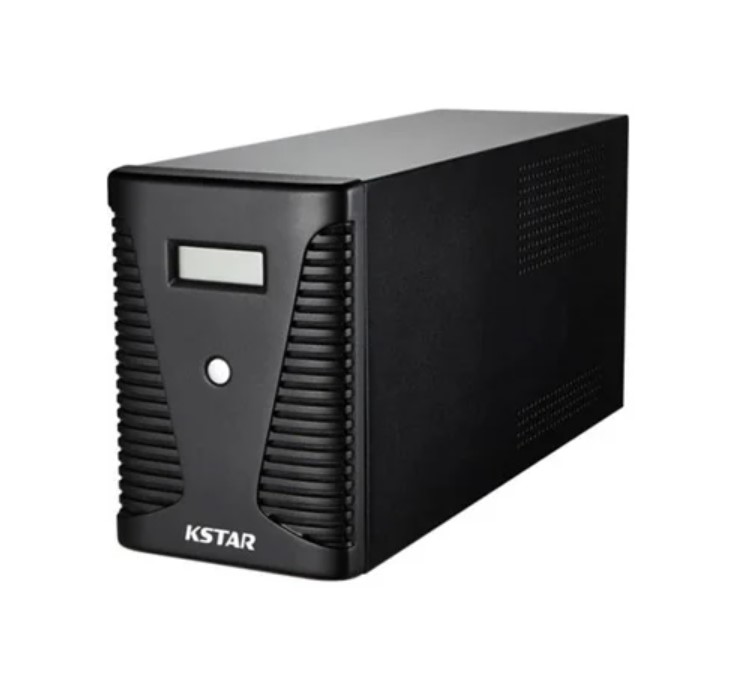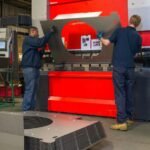Uninterruptible Power Supplies (UPS) and Power Supplies are critical components for ensuring the reliable operation of electronic devices, from home computers to data centers. This article will explore these key components, focusing on their functions and key differences.
- Uninterruptible Power Supplies (UPS)
- Function: A UPS provides a continuous and stable power supply to connected equipment during power outages or fluctuations.
- Key Features:
- Battery Backup: Provides temporary power from an internal battery during power outages, allowing for a graceful shutdown or continued operation.
- Voltage Regulation: Protects equipment from power surges, sags, and brownouts.
- Noise Filtering: Filters out electrical noise that can damage sensitive equipment.
- Types:
- Online UPS: Provides continuous, uninterrupted power by using a double conversion process.
- Offline UPS: Less expensive than online UPS, but provides backup power only during power outages.
- Line-Interactive UPS: Offers a balance between online and offline UPS, providing some voltage regulation and backup power.
- Power Supplies:
- Function:
- Primary Power Source: Provides the initial power supply to electronic devices.
- Converts AC to DC: Converts alternating current (AC) from the power grid to direct current (DC), which is used by most electronic devices.
- Types:
- Linear Power Supplies: Simple and inexpensive, but can be less efficient.
- Switching Power Supplies: More efficient and compact than linear power supplies.
- Server Power Supplies: Designed for high-performance servers with high power requirements.
Leading UPS Brands:
- APC: A well-established brand known for its wide range of UPS solutions for various applications.
- CyberPower: Offers a comprehensive line of UPS systems for home, office, and industrial use.
- Eaton: A leading provider of power quality and protection solutions, including high-performance UPS systems.
- Tripp Lite: Offers a wide range of UPS solutions, from basic home units to enterprise-grade systems.
- Power Guard: A popular brand in many regions, known for its reliable and affordable UPS solutions.
- Applo: A growing brand offering a range of UPS solutions for home and office use.
- Santak: A well-regarded brand in some regions, known for its reliable and cost-effective UPS solutions.
- Kstar: A popular brand known for its wide range of UPS solutions for various applications.
- Digital X: A growing brand offering a range of UPS solutions at competitive prices.
A stands for Volt-Amperes. It’s a unit of apparent power, which represents the total electrical power in an AC circuit.
Higher VA rating generally indicates a larger UPS with the capacity to power more devices or devices with higher power demands.
Here’s a general idea of what different VA ratings might support:
- 650VA: Suitable for powering smaller loads like desktops, laptops, routers, and a few peripherals.
- 1000VA: Can support a wider range of devices, including multiple computers, peripherals, and small servers.
- 1200VA: Can support a larger number of devices or more power-hungry equipment, such as high-end workstations or small servers.
- 2000VA: Suitable for powering more demanding loads, such as multiple servers, high-end workstations, and network equipment in small to medium-sized businesses.
Choosing the Right Solution:
- Consider your network size and complexity: Select a UPS with sufficient power capacity to support your equipment.
- Determine your budget: Prices vary significantly across brands and models.
- Evaluate your power quality needs: Assess the severity of power fluctuations in your area.
- Factor in future growth: Select a UPS with sufficient capacity to accommodate future equipment additions.










